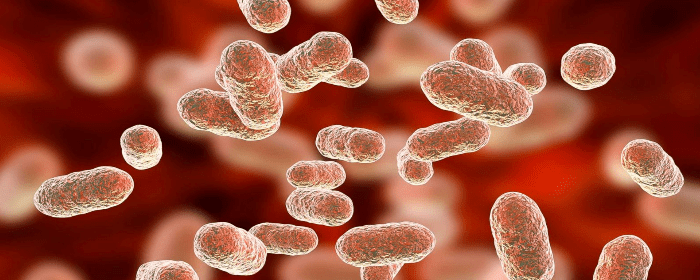Gut bacteria have been a suspect in a number of brain disorders like Parkinson’s and autism since at least the mid-2000s. While more research continues to be done on this topic, gut microbes continue to be a prime suspect for some impacts on human health.
While research has focused mostly on how gut bacteria affects adults — including its impact on mental health — a new study suggests that gut microbes may be a potential factor in the risk of brain damage for premature babies.
Researchers at the University of Vienna discovered that premature babies with an overgrowth of the Klebsiella bacteria in their gastrointestinal tract were at higher risk for developing neurological problems at birth.
Because premature babies have not had enough time to complete the development process in utero, they run a much higher risk of having unbalanced gut bacteria. Because of this, certain microbes may proliferate while others, which would typically counterbalance the other entities, are crowded out.
Because researchers usually found these overgrowths in the gastrointestinal tracts of premature babies before observing neurological disorders, it may indicate that there is time to treat this imbalance of gut bacteria before it can impact the baby’s brain and nervous system.
While this study was focused specifically on how gut bacteria affected the brains of premature babies, it adds yet another example of ways that gut microbes might have an impact on human bodies as a whole.
There are several tests currently available that will let you test your gut bacteria at home, allowing you to identify any imbalances you might be experiencing. Combined with probiotic therapy, it may be possible to not only relieve many gastrointestinal symptoms but also to resolve or better control problems in other areas of your body as well.


 St. Petersburg, Florida
St. Petersburg, Florida
